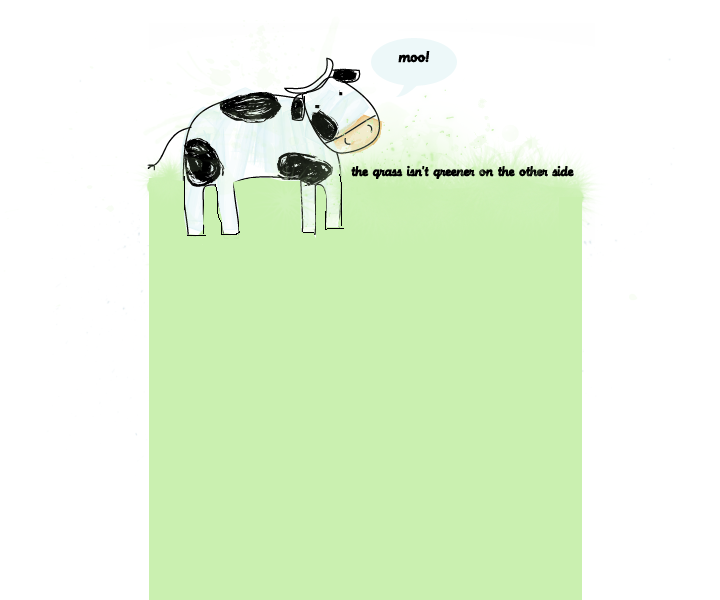Saturday, 27 September 2008
Evaluating Intercultural Behavior
Looking at today’s multi-cultural world, people have eventually learned to appreciate the distinctions that make each culture unique. Certainly, in order for people of diverse cultural backgrounds to communicate successfully and to live in harmony together, a great deal of knowledge, flexibility and sensitivity are necessary. One good example of a success story is Singapore. Singapore is no doubt a multi-cultural country where people from different ethnic groups are living well together. Apart from the opportunity of having seen and experienced various cultures in Singapore, we are also constantly exposed to different cultures of other countries through the mass media. Just last weekend, I got reminded of how interesting and exclusive the Japanese culture is when I watched an episode of “Japan Hour” on Channel News Asia.
In the program, the hosts spent most of their time introducing the food and having their meals. During each meal, they would clap their hands and say "itadaki-masu" aloud before digging into their food. The male host was the one speaking most of the time while the female host spent most of her time smiling and nodding to questions asked. I also noticed how loudly they were slurping on their soups and noodles.
There are many practices that are unique to Japan. One example that I’m sure everyone is familiar with is the traditional phrases Japanese says before and after a meal. They are "itadaki-masu" which will be said before a meal and "gochisou-sama" which will be said after a meal. This important table etiquette is Japanese’s way of showing appreciation for the food. In addition, it indicates the beginning and the ending of their meal.
Another example on table manners is that by slurping on your soup or noodle loudly, it is an accepted custom which indicates that the soup or noodle is yummy. In comparison, I used to slurp on my soup when I was young which would unquestionably get me scolded badly by my parents. I was told that it was rude to slurp and that would portray bad table manners. While slurping is an act of praising the chef in Japan, it is a behavior of bad table-manners to the Chinese.
The above mentioned are all in regards to the dining etiquette in Japan. Evidently, there are many other customs and regulations as well, in which I shall not elaborate on. As for the reasons for these customs and the taboos, I suppose it all arrows down to the Japanese society judging one’s sincerity more importantly than one's actual accomplishments. Therefore, a sincere attempt at observing the proper etiquette will bring approving comments since your sincerity is reflective of your personal character.
By Woen Susanto
11:00 pm

